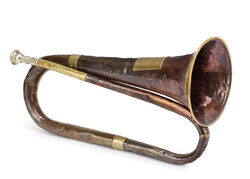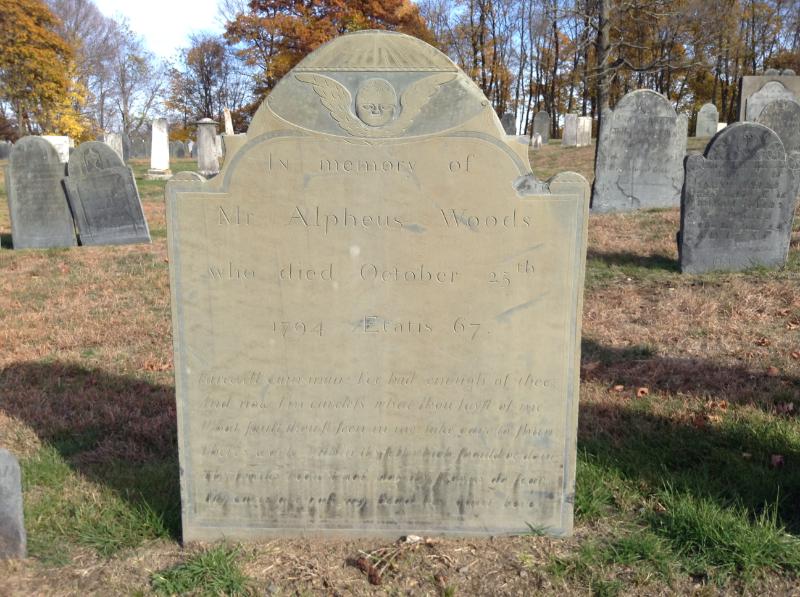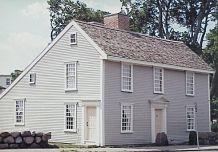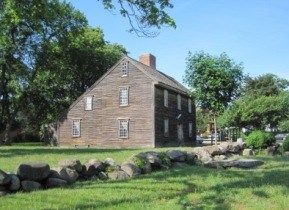When History Camp Boston and then other
History Camps had to be canceled this year because of the pandemic, the organizers of The Pursuit of History looked for another way to share historical information with the public.
Lee Wright and Carrie Lund have been conducting
online interviews with authors every Thursday. I was the first interviewee as we all figured out what we were doing. (As a board member of The Pursuit of History, as well as a friend of Lee and Carrie, it felt fair for me to be a test pilot.)
Another new enterprise from The Pursuit of History is
“America’s Summer Road Trip,” the first excursion scheduled for this Saturday, 1 August. You can watch preview videos and sign up for this streaming event
here. It’s free.
For Saturday, twelve historic sites across the country have prepared longer video visits. Personnel at each site will speak live and answer questions. This should be a fun way for history fans not only to mentally get out of the house, but also to check out places and topics that you’ve never visited (yet).
Once again I’m involved, this time working with Ranger Jim Hollister at
Minute Man National Historical Park to talk about the
James Barrett farm in
Concord. We talk about what the fighting on 19 Apr 1775 looked like from there. This property is a crucial part of that history, but it wasn’t part of the park until a few years ago and not many tours cover it. So even if you’ve been to Minute Man, this corner of the park might be new to you.
“America’s Summer Road Trip 2020” streams from 9:00 A.M. to 9:00 P.M. Eastern Time on Saturday at
AmericasSummerRoadtrip.org and the
Facebook page. The recorded content will also be archived on that Facebook page. Here’s the whole schedule.
9:00 A.M.: Historic New Bridge Landing, River Edge, New Jersey – The Bergen County Historical Society introduces this battleground, encampment, and intelligence outpost, with a building that served as Gen.
George Washington’s headquarters in 1780.
10:00: Rebecca Nurse Homestead,
Danvers, Massachusetts — The only home of a victim of the 1692 Salem Witch Hunt preserved and open to the public.
11:00: National Underground Railroad Freedom Center, Cincinnati, Ohio — Opened in 2002, its mission is to “reveal stories of freedom’s heroes, from the era of the Underground Railroad to contemporary times.”
12:00 noon: Minute Man National Historical Park, Lexington, Lincoln, and Concord, Massachusetts — Site of the first fatal battle of the Revolutionary War in April 1775.
1:00 P.M.: Faneuil Hall and the Printing Office of Edes & Gill, Boston, Massachusetts —
Faneuil Hall has been the site of historic meetings, speeches, and debates for 275 years. At Edes and Gill, the documents that led to the origin of the nation are recreated on a colonial-era
printing press.
2:00: Molly Brown House, Denver, Colorado — Margaret “Molly” Brown was a labor activist, suffragist, and advocate for social justice who survived the tragedy of the
Titanic; her ornate Victorian-era mansion interprets her story.
3:00: Thomas Edison National Historical Park, West Orange, New Jersey — Thomas Edison’s Laboratory Complex shows the development of such innovations as the phonograph, incandescent lamps, and motion picture cameras while his home, Glenmont, is a 29-room estate with verdant grounds.
4:00: Chaco Culture National Historical Park, Nageezi, New Mexico — The ruins at Chaco Culture National Historical Park are more than 1,000 years old and offer insight into the largest and most advanced ancient Pueblo villages in the Southwest.
5:00: American Heritage Museum at the Collings Foundation,
Stow, Massachusetts — This museum focuses on America’s military engagements from the Revolutionary Way to today, with an extensive collection of vehicles from the World Wars.
6:00: Heart Mountain Interpretive Center, Powell, Wyoming — More than 14,000 Japanese-Americans were confined here during World War II; this site both preserves the remains of the camp and tells the stories of the people forced to move there.
7:00: Wright Brothers National Memorial, Kill Devil Hills, North Carolina — The museum and grounds at this National Park Service site describe the Wrights’ methodical experimentation to achieve the first successful, sustained, powered flights.
8:00: Marshall Gold Discovery State Historic Park, Coloma, California — This California State Historic Park marks where James Marshall discovered gold in 1848, prompting the Gold Rush to California.



















